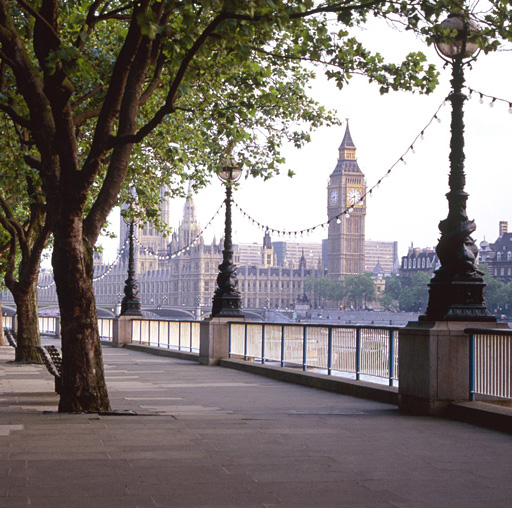In central London, Westminster City Council has teamed up with Hubbub, a charity that seeks to use ‘hubs’ of activity to interest mainstream consumers in sustainability issues, to launch Neat Streets to tackle the growing problem of litter on streets. Launching in Westminster, there will be interactive installations and exhibitions over the summer in Villiers Street (near Charing Cross railway station) that will trial new ways of encouraging people not to litter.
Research by Populus shows that the public believe littering is getting worse: over half (51 per cent) think more people drop litter now than did so 10 years ago – while only 21 per cent think it has improved. To tackle littering, the public favours encouraging individuals to change behaviour, rather than increasing fines or council spending. Three-in-five believe that making littering as socially unacceptable as drink-driving (59 per cent) and more bins (60 per cent) are the most effective ways of reducing littering. Only 37 per cent say the police should impose higher fines for littering, and just 18 per cent say councils should spend more money on cleaning up litter.
Other stats show that;
the public overwhelmingly believe dropping litter is a disgusting habit (86 per cent) – 66 per cent strongly agree – and that litter on the streets encourages other people to drop litter (83 per cent)
a majority (54 per cent) would like to confront someone they saw dropping litter but would not have the nerve – only 15 per cent would do so
79 per cent agree that people are more likely to drop litter when there’s no-one else about, while 50 per cent agree that people are more likely to drop litter outside of their own neighbourhood
the types of litter people are most annoyed by are half-eaten food or fast food packaging (53 per cent), followed by litter thrown out of a car window (45 per cent), litter left in green places (42 per cent), used chewing gum (42 per cent), empty drinks cans and bottles (42 per cent)
people believe that the most effective ways of discouraging litter are making littering as socially unacceptable as drink-driving (59 per cent) and more bins (60 per cent), rather than higher fines (37 per cent) or council spending (18 per cent)
Building on this, Westminster City Council is working with Hubbub to pioneer what they call a new approach to tackling litter through Neat Streets, with a view to seeing what will work elsewhere in the city and the UK.
A report by the Communities and Local Government Committee in March 2015 found that fast food litter and fly-tipping in England has increased by 20 per cent in the last year, and that litter levels have not reduced for 12 years. Dealing with the problem costs taxpayers around £850m a year, demonstrating the need for new thinking on tackling litter. Despite the strong feelings about litter, only 15 per cent would confront someone they saw dropping it – a majority (54 per cent) would like to but would not have the nerve. Older people are most likely to confront those who litter, with one-in-five of those over 65 saying they would intervene (19 per cent) compared to fewer than one-in-ten (9 per cent) of young people aged 18 to 24. The first Neat Streets installations will include;
– a street gallery of ‘My Street is Your Street’ posters to build a sense of pride in the area
– gumdrop on-the-go bins for chewing gum
– a ‘talking rubbish’ interactive bin; and
– a ‘Peppermint Pointillist’ art installation, where people can dispose of chewing gum on crosses to reveal faces.
To coincide with Neat Streets, Hubbub released its Litter Manifesto calling on government, business and local organisations to take action to make local spaces cleaner, safer and more inviting. Backers of the manifesto include PwC, Wrigley, the Packaging Federation, INCPEN and the British Soft Drinks Association.
Richard Beddoe, Westminster City Council cabinet member for city management, said: “Litter is a scourge on our streets, and we all need to take responsibility for tackling it. The council works incredibly hard to keep the streets clean for our 240,000 residents, and the millions of visitors and businesses that populate our city every day. But we should never stand still, so it is right that we look at new and innovative ideas. By teaming up with the private sector through local businesses and groups, we hope this pilot project will enable everyone to understand the challenges, and show how we can work together to combat them.”










